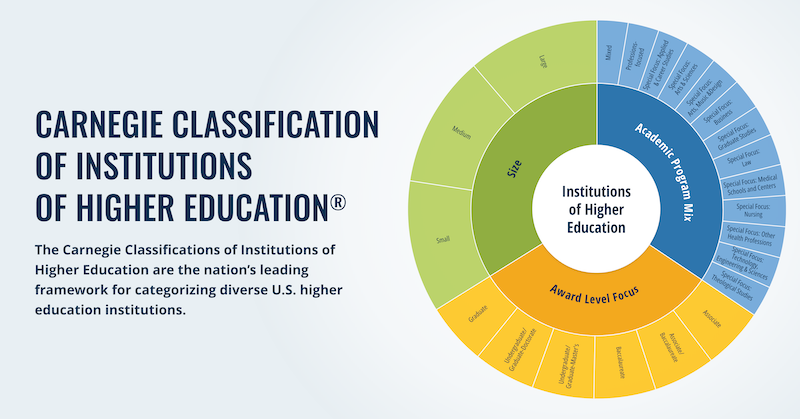To Succeed, Systems Improvers Must Understand the Nuanced Experiences of Those in the System
March 6, 2017
“Empathy and Social Justice: The Power of Proximity in Improvement Science,” one of the top ten Carnegie Commons Blog posts of 2016, summarizes a Summit 2016 keynote by Bryan Stevenson, founder and executive director of the Equal Justice Initiative. Stevenson has spent decades fighting poverty and challenging discrimination in the criminal justice system, and he shared his insights for working towards equity with the Summit audience. A major point? We must get “proximate” to suffering and understand the nuanced experiences of those who suffer from and experience inequality. Stevenson believes that “if you are willing to get closer to people who are suffering, you will find the power to change the world.”
One of the six core principles of improvement states, “make the work problem-specific and user-centered.” In doing quality improvement work, we know that the people best equipped to solve a problem are those who are most impacted by it. As Stevenson explained in his keynote, “You cannot be an effective problem-solver from a distance. There are details and nuances to problems that you will miss unless you are close enough to observe those details.” Stevenson reminded us that being proximate and user-centered is not just a means to designing better processes and products. It can have an impact in and of itself; it redefines relationships, and not just for those who are experiencing suffering but for those of us who seek to end it.





